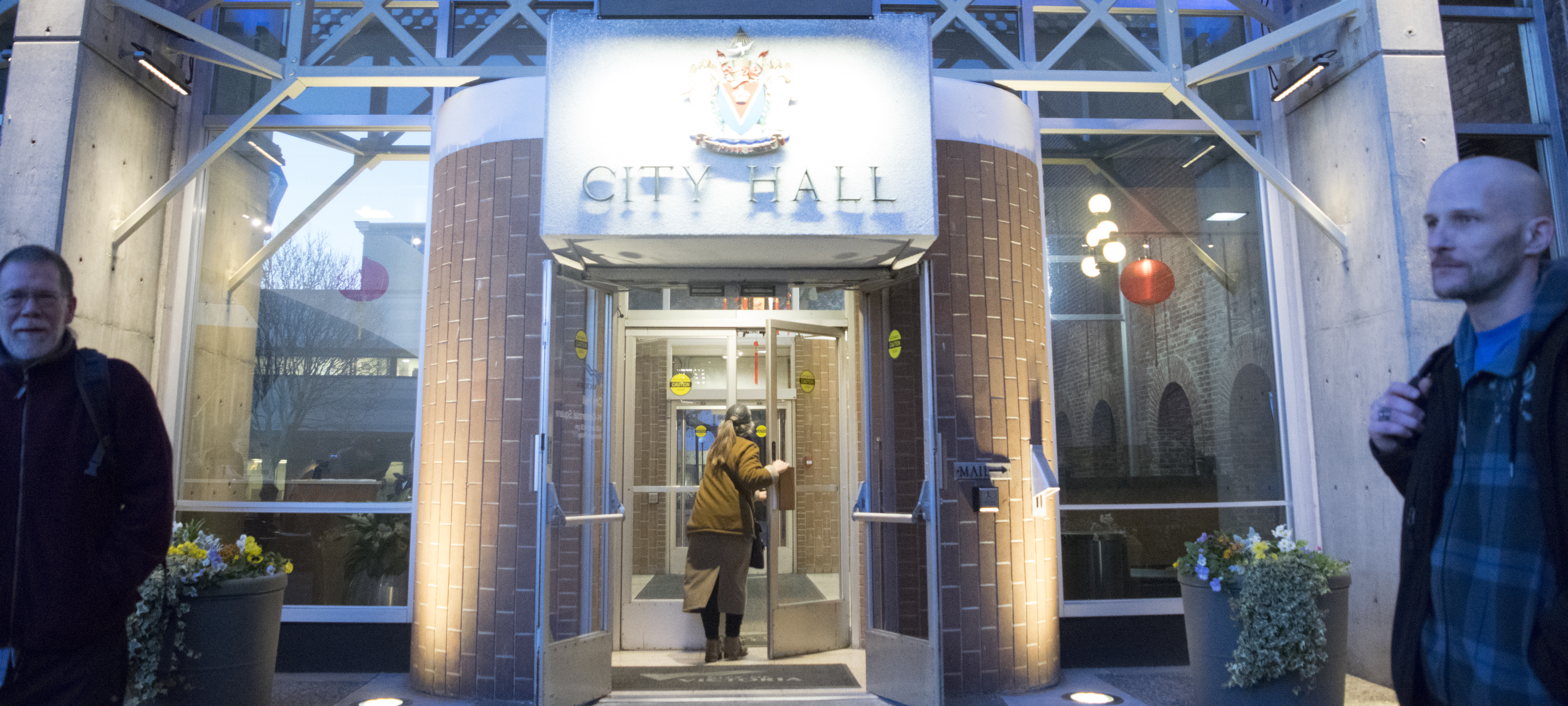Here we are heading back into the season of holidays. We just celebrated Thanksgiving, now comes Halloween, Remembrance Day, the “insert your faith December celebration,” and New Year’s Eve. Regardless of whether you take much stock in these, they are days that you can use to reflect. As we spend these days with our families and/or friends, perhaps for a moment the thought of all those behind bars who are unable to share these times with their families—due to drug prohibition—should cross our minds.
We take for granted the time we spend with our kids knocking on our neighbours’ doors on Halloween, and all of the traditions of family and feasts that tend to go hand in hand in December. Many readers will likely remember the first Remembrance Day that their veteran grandfather did not spend with their family and the hole that it left in the comfort of routine and tradition. Imagine knowing a loved one is missing from these holidays, but still alive and healthy and wishing that they were with you, for making a choice that would have had little effect on anyone else had drug prohibition not been in effect. There are too many degrees of separation from the family broken by the drug war and the law makers. While law makers say they are trying to protect families, what they are trying to protect are their own ideals of what a family is. Normal families have members who have addiction problems, use drugs recreationally, and grow pot. Realizing this and not criminalizing this is the only way to solve the issues caused by the drugs themselves, rather than compounding any problems with criminal records and imprisonment.
Luckily, activists have been tirelessly chipping away at the lies perpetuated and continually created in the decades-long battle, federal governments seem to be tightening the laws—from Canada to the once progressive-on-drugs Netherlands. Public support has drastically shifted in favour of ending the drug war, and this momentum has now spread one step higher to the municipal governments and is beginning to infect the province (in B.C. at least). The current Sensible B.C. campaign is a brilliant effort aimed at minimizing the damage being done by the federal government (read about it in this issue, and educate your local politicians to support it if they didn’t in the recent UBCM vote). Change is working its way up the ladder thanks to numerous dedicated activists and that wave needs to keep momentum to break on prohibition.
[highlight]
Andrew Brown
Editor
[/highlight]



